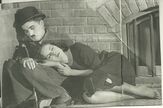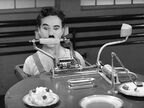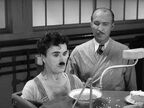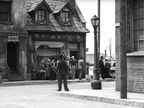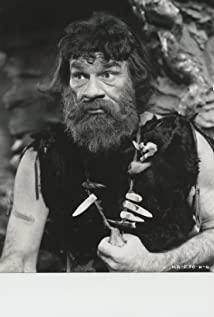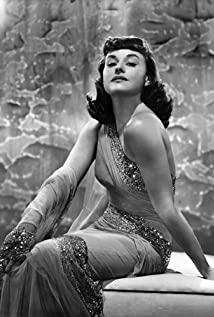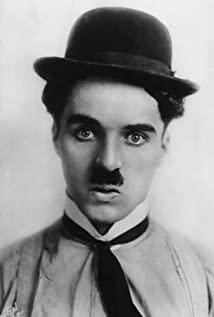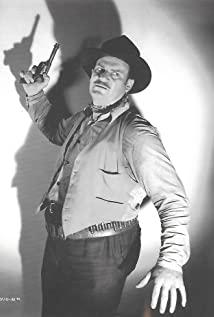Classic shots, transitions (montage from goats to workers), dialogue, soundtrack (a section of cafe looking for a job, using a low brass pipe to symbolize the boss, fast string music to symbolize the heroine, and slow rhythm to symbolize the male lead’s helpless mentality), singing and dancing ( The solo at the end with the most lines in the entire movie is a classic).
Chaplin's director, screenwriter, and starring are all covered, with solid acting skills (expressions of facial expressions and body language are at the extreme, and dialogue becomes a superfluous accessory), and his natural comedy talent is truly breathtaking.
There are a few scenes that are particularly interesting: the joking Sanjin Police Station, the first time he accidentally joined the revolutionary team, the parade in pursuit of freedom caused the hero to lose his freedom innocently, the second time he was a night patrol in a shopping mall and was lost because of the robbers’ patronage. Working and being imprisoned reveals the background of the depression, finally found a job for the third time, returned to the factory, and returned to the starting point. Life seems to be on the right track. The protagonist is taken away again.
Among them, there are also several scenes linked to the police. One is the chase scene where the male protagonist harassed passers-by and the police because of the high workload of the factory, and the other is that he takes the initiative to admit that the bread that the female protagonist stole is his own because he wants to go to jail again because of the embarrassment of life. The third reason is to escape the police with the heroine at the end.
In the whole play, the police become an integral element that cannot be thrown away, and it has a symbolic meaning of the violent centralization of the ruling class. In the modern era, these scenes are interspersed with the beginning and the end, which not only plays an important role throughout the plot, but also makes the characters' psychological and emotional tone fluctuate. , go with the flow (just as the cafe serving roast duck is helplessly at the mercy of the crowded people).
If the joys and sorrows of small people are regarded as the irony of the times, it will be rigid and unfeeling. I prefer to regard it as the beautiful moments in life. No matter how tragic real life is, there is always hopeful joy, because Chaplin brings The optimism and humor, there is the warmth and warmth of leaning against the heroine in the chaotic world, there is the dilapidated but warm lakeside cottage, and there is the sentence smile and buck up. Hit the road, where Chaplin-esque comedy and romance culminates.
Thanks to a generation of comedy master Charlie Chaplin for bringing us such a deep classic, bringing us joy and full of positive energy!
View more about Modern Times reviews



